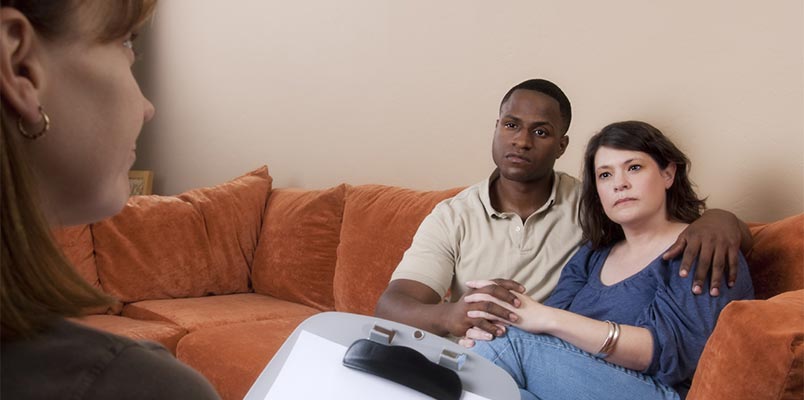In any relationship, challenges are inevitable, but overcoming them together can strengthen the bond between partners. Life Changes Therapy offers relationship counseling as a powerful resource to help couples navigate their struggles and build a healthier, more fulfilling partnership. Here, we explore five key benefits of relationship counseling and how it can make a significant difference in your relationship.
- Enhanced Communication
Communication is the bedrock of a strong relationship. Relationship counseling helps couples develop better communication skills, enabling them to express their thoughts and feelings more clearly. Through structured exercises and guided conversations, couples learn to listen actively, understand each other’s perspectives, and articulate their needs and concerns without fear of judgment or misunderstanding.
- Better Conflict Management
Disagreements are a natural part of any relationship, but when conflicts are poorly managed, they can lead to resentment and disconnection. Relationship counseling teaches couples effective conflict resolution techniques. Therapists guide couples in identifying the root causes of their disputes and finding constructive ways to address them, ensuring that conflicts lead to growth rather than division.
- Deepened Emotional Connection
Emotional intimacy is crucial for a close and loving relationship. Counseling sessions provide a safe space for couples to explore their emotions and vulnerabilities, fostering a deeper emotional connection. By addressing emotional barriers and learning to express affection and empathy, couples can reignite the passion and closeness in their relationship.
- Strengthening the Partnership
Relationship counseling is not just about solving problems; it’s also about building a stronger partnership. Therapists help couples recognize and celebrate their strengths, set mutual goals, and create a shared vision for their future. This process enhances the sense of teamwork and solidarity, making the relationship more resilient and united in facing life’s challenges.
- Renewed Optimism and Hope
When relationships hit rough patches, it’s easy to feel hopeless. Relationship counseling offers couples a renewed sense of hope. By providing practical strategies and new perspectives, therapists help couples see the potential for positive change. This renewed optimism can empower couples to move past negative patterns and build a brighter, more fulfilling future together.
Conclusion
Relationship counseling offers numerous benefits, from improved communication and conflict management to a deeper emotional connection and strengthened partnership. At Life Changes Therapy, we are committed to helping couples overcome their challenges and achieve a more satisfying and harmonious relationship.
Unique FAQs
- How can I convince my partner to try relationship counseling?
- Share your desire to improve the relationship and explain how counseling can help both of you understand each other better. Highlight the positive outcomes that could come from therapy and suggest starting with a few sessions to see how it goes.
- What are the typical goals of relationship counseling?
- Common goals include improving communication, resolving conflicts, increasing emotional intimacy, and strengthening the overall bond. Specific goals will depend on the unique needs and challenges of the couple.
- How often should we attend relationship counseling sessions?
- The frequency of sessions can vary based on the couple’s needs and the therapist’s recommendations. Typically, couples might start with weekly sessions and adjust the frequency as progress is made.
- Is it normal to feel nervous about starting relationship counseling?
- Yes, it’s normal to feel apprehensive. It’s important to enter counseling with an open mind and a willingness to work through issues. The therapist is there to support both partners and create a safe environment for honest dialogue.
- Can relationship counseling help us if we’re considering separation?
- Absolutely. Relationship counseling can provide clarity and understanding, helping couples explore their feelings and make informed decisions about their future. It can also offer tools to improve the relationship, even if separation seems like the next step.
Photo by: pikisuperstar on freepik



